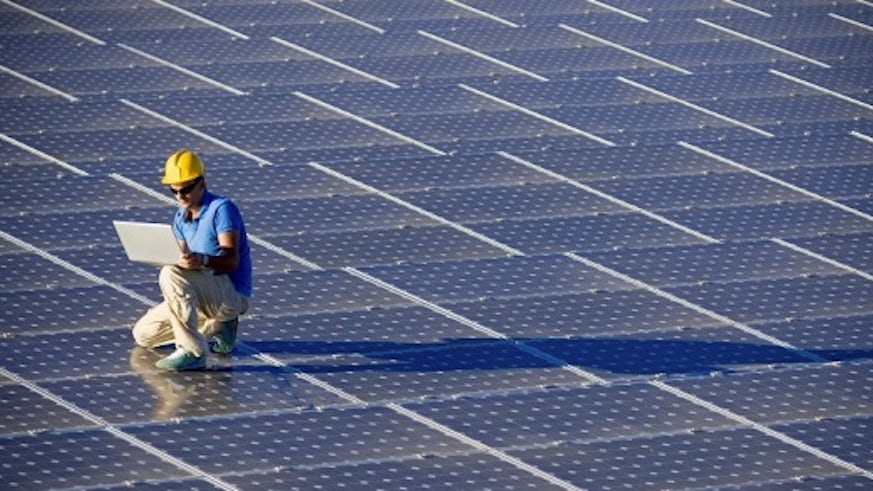Researchers develop energy forecasting tool for Bangladesh
8 January 2015

Researchers from Cardiff School of Engineering’s BRE Centre for Sustainable Construction have developed a forecasting tool that will help Bangladesh plan and monitor its energy use and policy for years to come.
Bangladesh is facing a similar scenario to many other developing countries – demand for energy is set to increase due to economic growth, but reserves of fuel are dwindling. The Bangladesh 2050 Energy Pathway Calculator (BD2050) has been developed to address this problem.
BD2050 is an integrated open source model which brings together data on energy, emissions and land use tailored to Bangladesh. It aims to chart secure pathways for the supply and demand of low carbon energy for the country up to 2050.
Dr Monjur Mourshed from Cardiff School of Engineering led the project which has been supported by the Bangladeshi Ministry of Power, Energy and Mineral Resources, the UK Department of Energy and Climate Change, and the British High Commission in Dhaka. Dr Mourshed explains that “BD2050 is designed to enable the Government and the public to explore high-level energy, economy and emission pathway options and their impacts on land-use, electricity, energy security and food.”
BD2050 is open source and has been made available as a detailed spreadsheet intended for evidence based policy making and as a Webtool which enables quick comparisons between differing scenarios. The BD2050 Calculator will be officially launched at the Gobeshona Conference for Research on Climate Change in Dhaka on 8th January 2015.
To find out more about the Energy Pathway Calculator, please visit the BD2050 website.
For more information about the BRE Centre for Sustainable Construction, please visit their website.